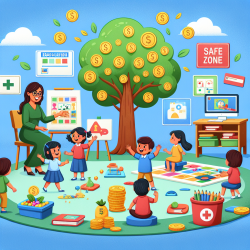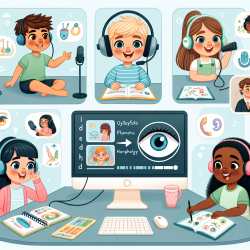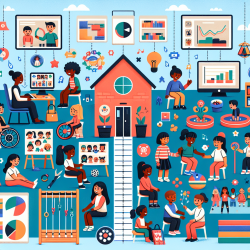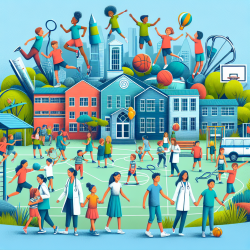In the dynamic field of special education, staying updated with the latest research is crucial for practitioners who aim to provide the best support to their students. A recent study titled "Comparison of behavioral activation/inhibition systems, emotional regulation difficulties, and selective attention in adolescents with and without parents" offers valuable insights that can significantly enhance your practice. Here, we delve into the findings and discuss practical applications for your therapeutic approach.
Understanding the Research
The study, conducted by Sadeghzadeh and Bagheri, compared behavioral activation/inhibition systems, emotional regulation difficulties, and selective attention in adolescents with and without parents. The sample included 70 adolescents with parents and 55 parentless adolescents from orphanage centers in Tehran. The results revealed that parentless adolescents exhibited significantly higher levels of behavioral activation/inhibition scores, emotion regulation difficulties, and impaired selective attention.
Key Findings
- Parentless adolescents showed higher Behavioral Inhibition System (BIS) and Behavioral Activation System (BAS) scores.
- Increased difficulties in emotion regulation were observed among parentless adolescents.
- Parentless adolescents performed poorly on selective attention tasks compared to their peers with parents.
Implications for Practitioners
These findings underscore the critical role of parental presence in the early years of life and its impact on behavioral and emotional development. Here are some practical steps you can take to implement these insights into your practice:
1. Tailored Interventions
Develop customized intervention plans that address the unique needs of parentless adolescents. Focus on enhancing their emotional regulation skills and improving selective attention through targeted exercises and activities.
2. Environment and Support
Create a supportive and nurturing environment that mimics the stability and care typically provided by parents. Consistent routines and positive reinforcement can help mitigate some of the emotional and cognitive challenges faced by these adolescents.
3. Collaborative Efforts
Work closely with caregivers, educators, and other stakeholders to ensure a holistic approach to the adolescent's development. Collaborative efforts can provide a more comprehensive support system for the child.
4. Further Research
Encourage ongoing research and participation in studies that explore the long-term effects of parental absence on adolescents. This will help build a more robust body of knowledge and inform future therapeutic practices.
Conclusion
The absence of parents during the early years of life can have profound effects on behavioral inhibition and activation systems, emotional regulation abilities, and selective attention capabilities. As practitioners, it is essential to recognize these challenges and implement strategies that provide the necessary support and intervention.To read the original research paper, please follow this link:
Comparison of behavioral activation/inhibition systems, emotional regulation difficulties, and selective attention in adolescents with and without parents.










